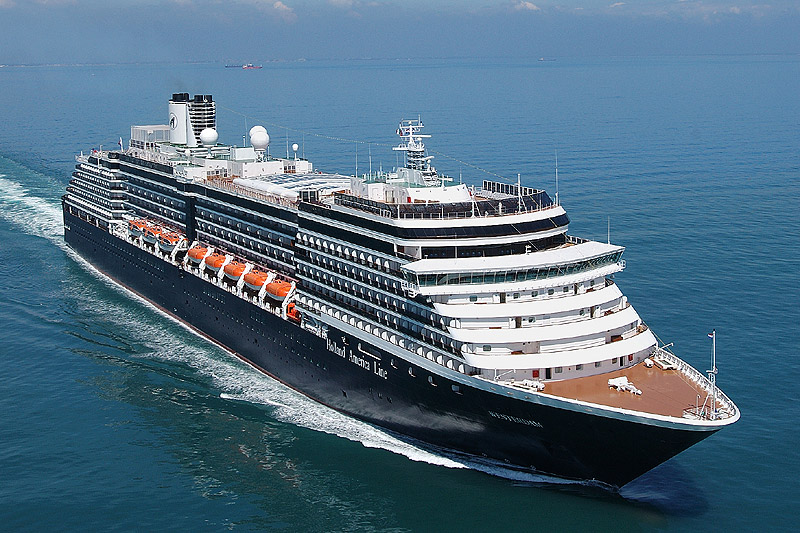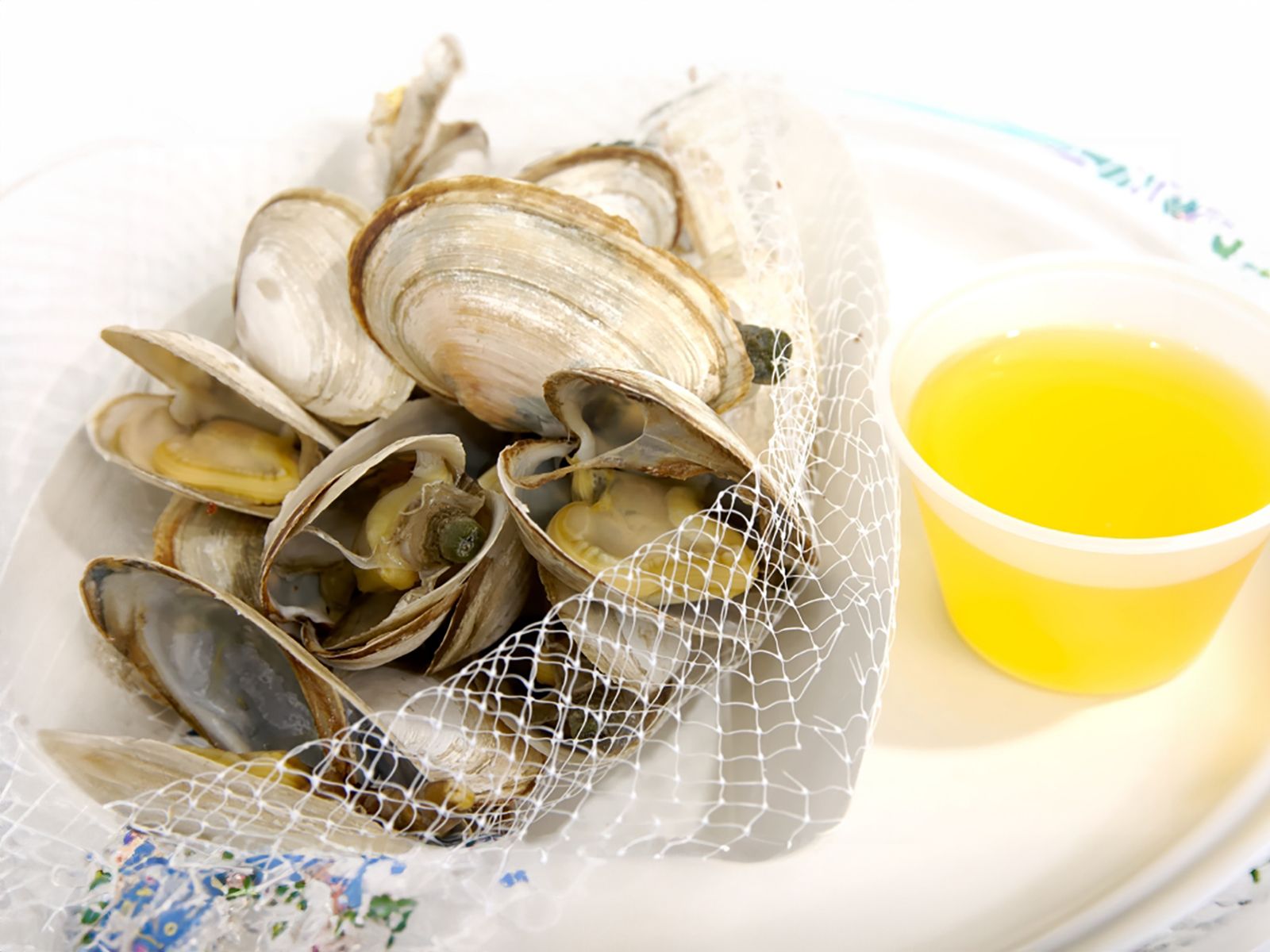Stamp: SMS "Hohenzollern" overprinted "G.R. POST 6 CENTS MAFIA" (German East Africa, British Occ. of Mafia Island 1915)
SMS "Hohenzollern" overprinted "G.R. POST 6 CENTS MAFIA" (German East Africa, British Occ. of Mafia Island 1915)
01 May (German East Africa, British Occ. of Mafia Island ) within release "G. R. POST 6 CENTS MAFIA" overprints on German East Africa goes into circulation Stamp SMS "Hohenzollern" overprinted "G.R. POST 6 CENTS MAFIA" face value 6 East African cent
| Stamp SMS "Hohenzollern" overprinted "G.R. POST 6 CENTS MAFIA" in catalogues | |
|---|---|
| Stamp Number: | Sn: DR-OA NL39 |
Stamp is vertical format.
imprint on Michel DR-OA 13 with a new black, purple or green letterpress print Mentioned but not listed by SG.Also in the issue "G. R. POST 6 CENTS MAFIA" overprints on German East Africa:
- Stamp - SMS "Hohenzollern" overprinted "G.R. POST 6 CENTS MAFIA" face value 6;
- Stamp - SMS "Hohenzollern" overprinted "G.R. POST 6 CENTS MAFIA" face value 6;
- Stamp - SMS "Hohenzollern" overprinted "G.R. POST 6 CENTS MAFIA" face value 6;
Stamp SMS "Hohenzollern" overprinted "G.R. POST 6 CENTS MAFIA" it reflects the thematic directions:
A ship is a large watercraft that travels the world's oceans and other sufficiently deep waterways, carrying passengers or goods, or in support of specialized missions, such as defense, research and fishing. Historically, a "ship" was a sailing vessel with at least three square-rigged masts and a full bowsprit. Ships are generally distinguished from boats, based on size, shape and load capacity.
These clams live buried in the sediment on tidal flats. While they are common in muddy areas, their name "arenaria" means sandy and they prefer a combination of sandy and muddy areas. They are well known as a food item on the coast of New England in the Western Atlantic Ocean; however, the range extends much farther north to Canada and south to the Southern states. They are also found in the Eastern Atlantic Ocean, for example in the UK, as well as in the North Sea's Wadden Sea (where they are the dominant large clam).

